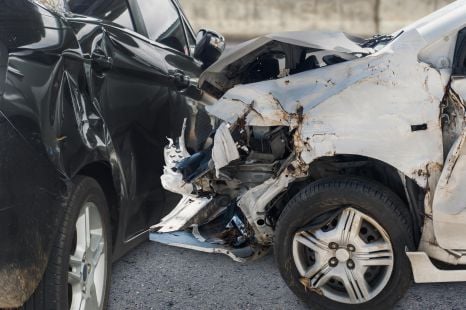

Alborz Fallah
Australia’s road toll climbs despite record speeding fines
3 Hours Ago
Hyundai's new E-GMP architecture won't underpin vans, utes or large, rugged SUVs, with the company suggesting hydrogen power as a possibility for larger, heavier vehicles.

News Editor
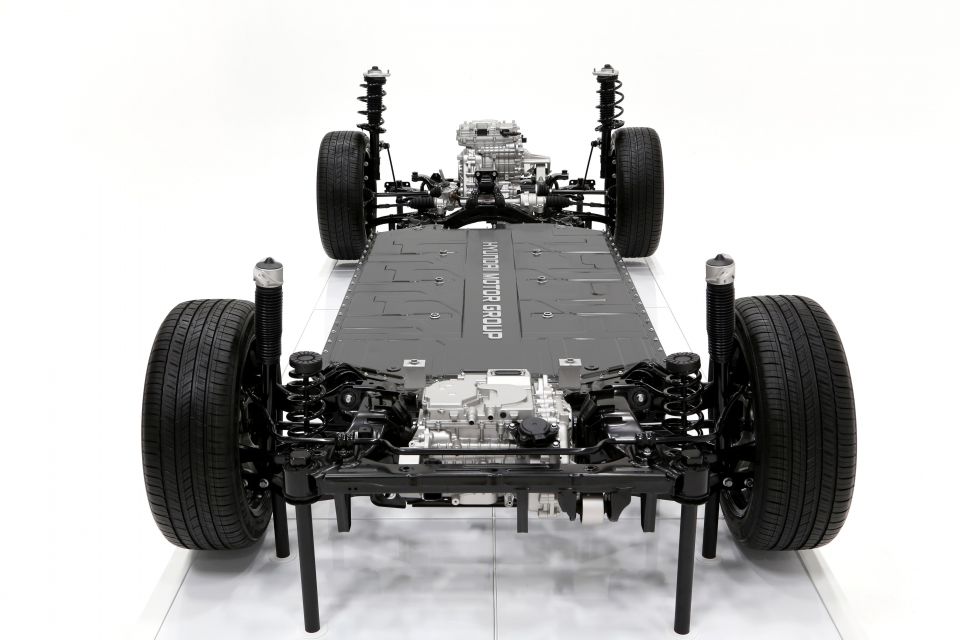

News Editor
Hyundai’s new Electric Global Modular Platform will cover a wide range of passenger cars and SUVs, but it won’t be used for commercial vehicles or large, rugged utes and SUVs.
Executives have confirmed it’ll cover the C segment up to the E segment and can support SUVs as large as the internal combustion engine-powered Palisade, which is classified as an E-segment SUV.

Though E-GMP can support a large crossover, Hyundai R&D boss Albert Biermann poured cold water on the idea of it being used for a large, rugged SUV that requires a lot of towing ability as the company is still studying the application of double-layer battery packs.
The company has also specifically ruled out vans using the E-GMP platform.
“When we talk about bigger vehicles, heavy vehicles like big pickup trucks, big SUVs for towing trailers and so on, those vehicles of course need the double layer of batteries,” Mr Biermann said.
“As you know, we are on the forefront of hydrogen fuel cell technology, we are already selling the most hydrogen vehicles on the planet as of today. And I think that category of vehicle, it might be smarter to use hydrogen fuel-cell rather than two layers of big and heavy batteries.”
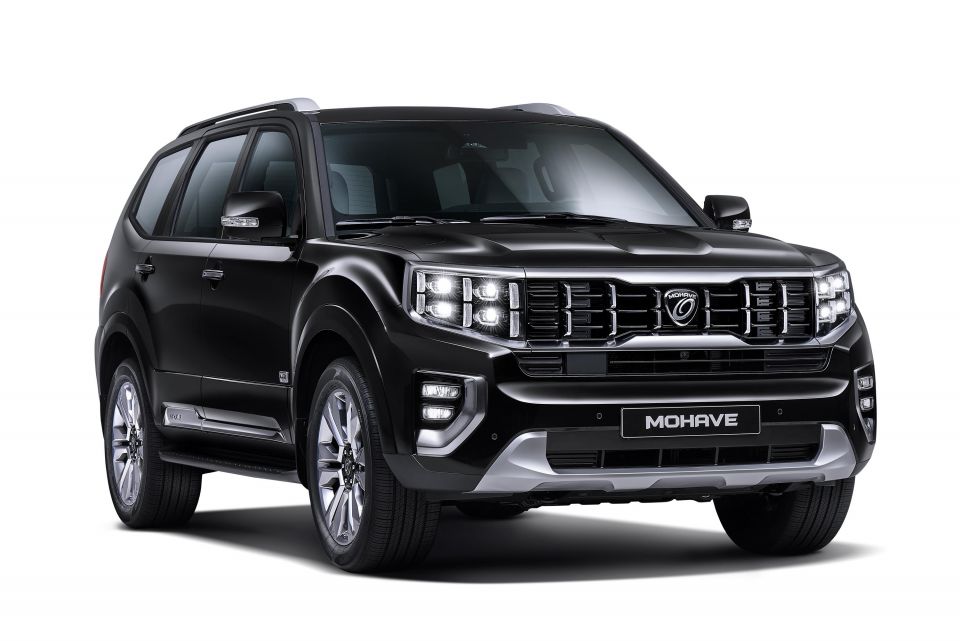
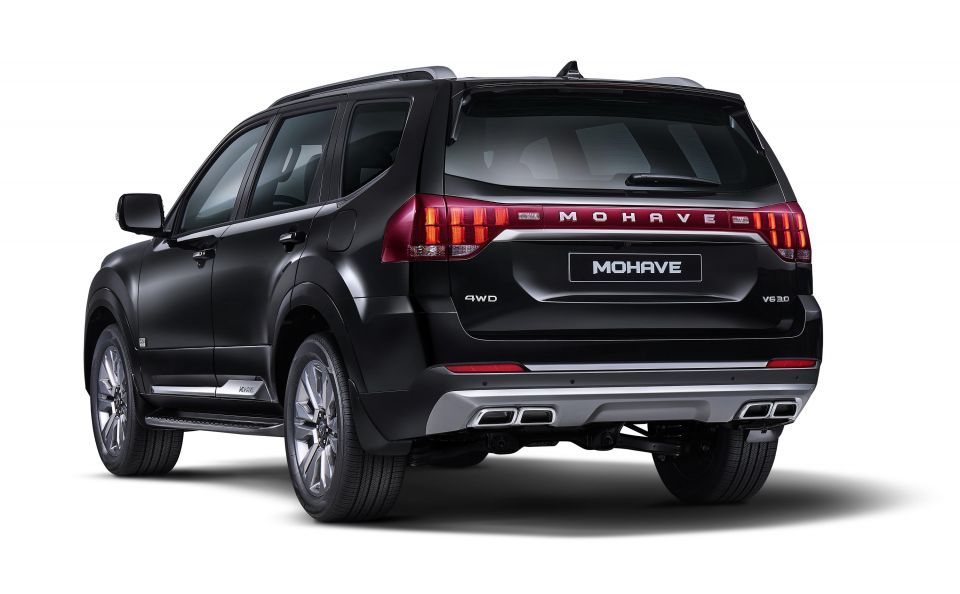
The E-GMP platform also doesn’t include air suspension, a feature that can be found in many large SUVs.
Though the Hyundai Motor Group offers large crossovers in the related front/all-wheel drive Hyundai Palisade and Kia Telluride, plus the unrelated rear/all-wheel drive Genesis GV80, it sells just one vehicle that fits Biermann’s definition of the type of SUV that won’t be underpinned by E-GMP.
That’s the Kia Mohave, a body-on-frame SUV slightly larger than the Toyota Prado and which offers both air suspension and a choice of petrol and turbo-diesel V6 engines.
It’s sold only in Korea, though it was previously sold in markets like the US as the Borrego where it was offered with a petrol V8 engine.
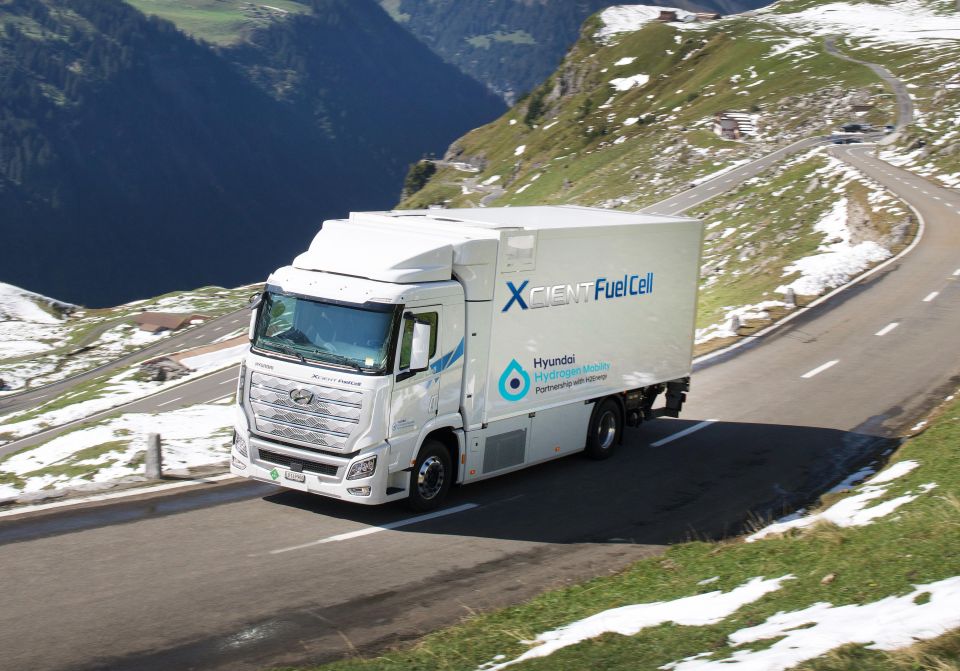
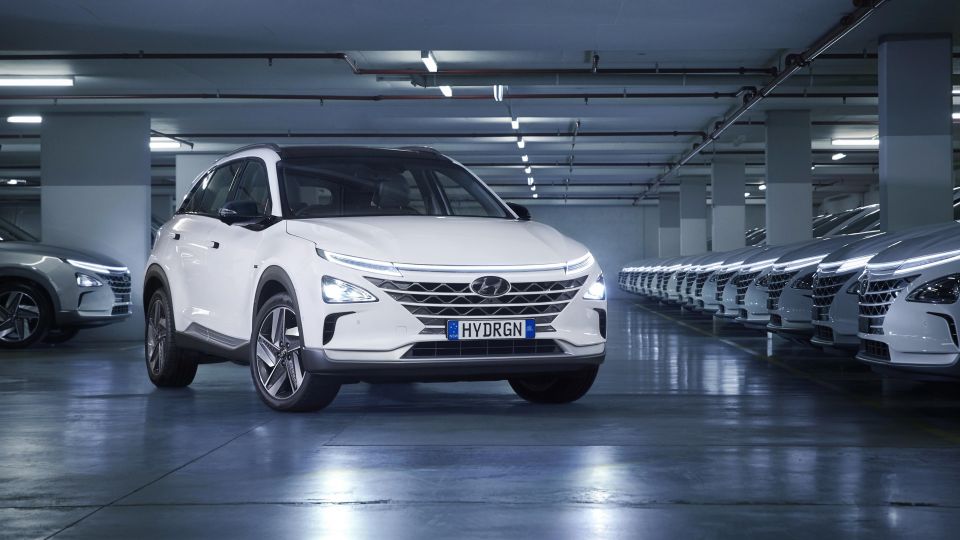
Hyundai currently sells only one hydrogen-powered passenger car, the Nexo crossover, though it has a considerably larger hydrogen fuel cell vehicle in other markets.
A fuel cell version of its Xcient heavy truck is being rolled out in Switzerland, with 50 examples hitting Swiss roads this year. The company aims to have 1600 units on the road by 2025 and could introduce hydrogen-powered trucks here by the same time.
Hyundai plans to launch a large SUV called the Ioniq 7 in 2024, though it isn’t expected to be quite as large as the Palisade. It instead may be closer in size to the Hyundai Santa Fe and Kia Sorento.
William Stopford is an automotive journalist with a passion for mainstream cars, automotive history and overseas auto markets.


Alborz Fallah
3 Hours Ago


Marton Pettendy
5 Hours Ago
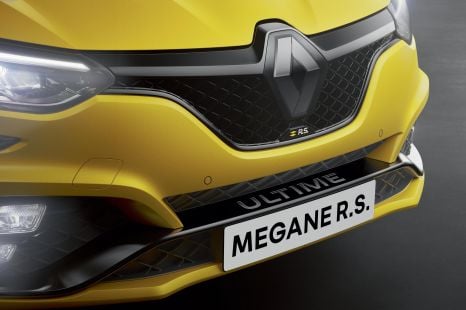

Ben Zachariah
6 Hours Ago
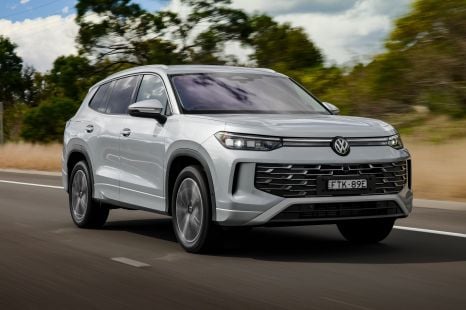

Damion Smy
7 Hours Ago
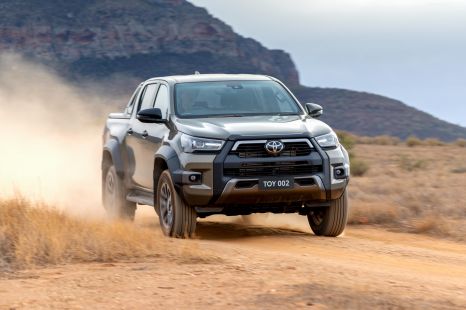

Damion Smy
9 Hours Ago
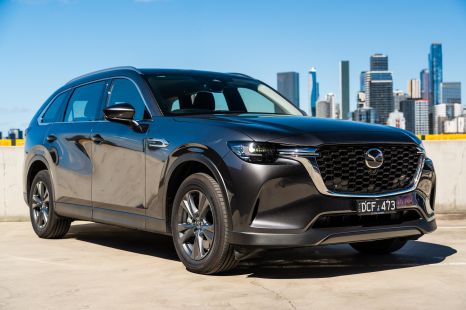

William Stopford
9 Hours Ago